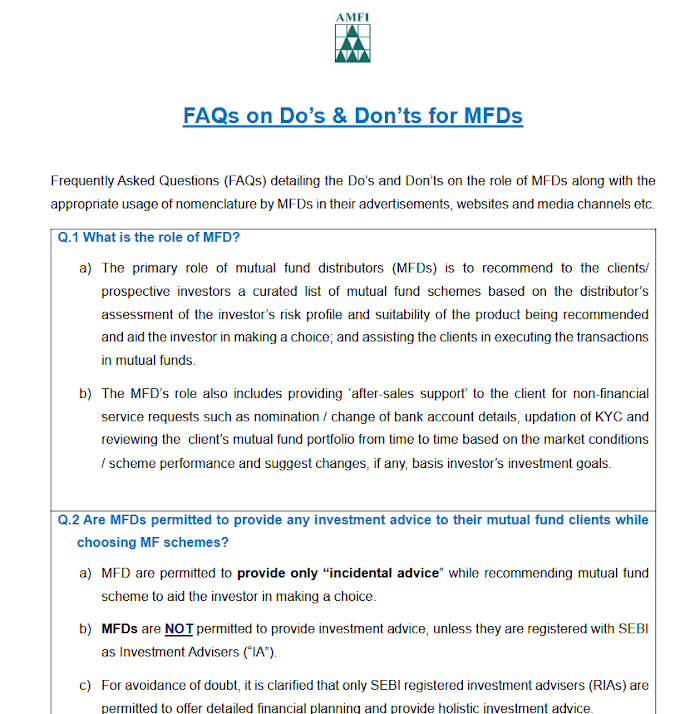by Ms. Parizad
Sirwalla, Partner (Tax), KPMG
For capital gain
purposes, an agricultural land situated in specified areas is not considered as
capital asset. If you are planning to sell such land, there will not be any
capital gain tax implications on sale.
In other cases,
depending on the period of holding, there would be tax implications on sale of
agricultural land. We have assumed that the said agricultural land is not
situated in a specified area and therefore, the gains, if any, resulting from
sale of land shall be taxable.
You may confirm the
specified area as referred in section 2(1A) of the Income tax Act, 1961. In
case of inheritance, the period of holding of house shall be reckoned from the
acquisition date of land by the owner who has actually acquired the said land
other than by inheritance, gift, and so on.
As the land has been
held for more than 36 months from acquisition date, the same shall be termed as
long-term capital asset. If the net sale proceeds exceeds the cost of
acquisition, then resulting gains shall be taxable as long-term capital gains
(LTCG) in your and your daughters’ hands in the respective proportion of the
share.
The cost of
acquisition shall be the cost at which the previous owner, who has actually
acquired the house other than by inheritance, gift, and so on, bought it.
Further, since the
land had been acquired prior to 1 April 1981, you have an option of taking the
actual cost of acquisition or fair market value (FMV) of the property as on 1
April 1981.
Accordingly, while
calculating the LTCG, the cost of acquisition shall be the price at which the
original owner had acquired the house or FMV as on 1 April 1981, according to
your choice.
The cost of
acquisition will have to be indexed by multiplying the original cost of
acquisition or FMV if any, by the notified Cost Inflation Index (CII) for the
year of sale and dividing by the CII of the year of purchase of the house by
the original owner or during the financial year (FY) 1981-82 if FMV has been
considered.
The cost of
improvement, if any, has to be indexed as well. With respect to the portion
(proportionate to your share in the inherited land) of LTCG taxable in your
hands, an exemption from LTCG tax can be claimed by re-investing the net sale
proceeds in one residential house located in India as per section 54F, subject
to specified conditions. The aforesaid investment must be made within the
specified time frames (that is, within one year prior to sale date or two years
from the sale date or within three years for an under-construction property).
One of the specified
condition categorically requires that while claiming LTCG exemption, you should
not own more than one house (other than the new house), on the date of sale of
the old land. For your share of LTCG, you can claim an exemption in the ratio
of your share of net sale proceeds resulting from sale of old land re-invested
into new house. Where the cost of new house exceeds proportionate net sale
proceeds resulting from sale of old plot, entire LTCG should be exempt from
tax.
However, where the
cost of new house is lower than the proportionate net sale proceeds, LTCG is
exempt from tax in proportion of cost of new house to the net sale proceeds.
Accordingly, the
balance LTCG shall be taxed at 20.6% (inclusive of education cess).
Additionally, if total taxable income during FY2014-15 exceeds Rs.1 crore,
surcharge at 10% on basic rate (i.e. 20%) should be applied. If you are unable
to re-invest the net sale proceeds into new house before filing the tax return
for the FY of sale of house, then said unutilized balance sale proceeds should
be deposited into the Capital Gains Account Scheme (CGAS) before the due date
of filing the personal tax return.
The amount deposited
into the CGAS should be utilized for purchase of a new house within aforesaid
deadlines. If you are unable to utilize the amount deposited into CGAS within
the aforesaid timeframe, then the unutilized amounts shall be taxable as LTCG
in the FY in which three years from sale of old land has lapsed. If your total
income for the FY as reduced by said LTCG is below the basic income exemption
threshold for the said FY, then such LTCG shall be reduced by the amount by
which the total income so reduced falls short of the basic income exemption
limit.
The balance LTCG
shall be taxed at flat rate of 20.6%. Alternatively, you can invest LTCG in
specified bonds issued by the National Highways Authority of India or Rural
Electric Corp. Ltd under section 54EC. The investment should be made within six
months from sale date of old land subject to threshold of Rs.50 lakh and
fulfilment of specified conditions. Please note that the investment in new
house or specified bonds has a lock in period of three years.
Accordingly, if the
new house is sold or the bonds are converted into cash within a period of three
years, the exemption claimed from LTCG in respect of old land shall be revoked.
If you take any loan or advance against the security of the said bonds, the
same shall be deemed to be converted into cash. It would be advisable to
consult a lawyer for documentation.

%2C%2BKPMG.jpg)










































